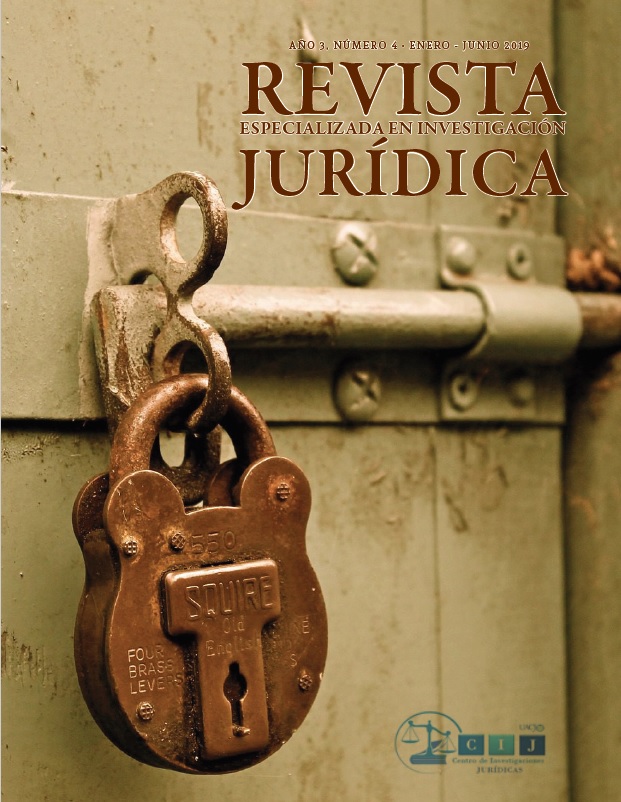Reconceptualizacao do positivismo juridico: analisis comparativo da heranca comteana no Brasil e direito constitucional francês / Reconceptualization of legal positivism: comparative analysis between the heritage of auguste comte in Brazil and french constitutional law
ResumenEl concepto de “positivismo” puede encontrarse en una gran variedad de materias tal como la sociología, el derecho o la filosofía. Así, no existiría un positivismo, sino positivismos. Sin embargo, fue un hombre sólo quien precisó esta innovación terminológica y conceptual: el francés Auguste...
Saved in:
| Main Author: | |
|---|---|
| Format: | Artículo de investigación |
| Language: | spa |
| Published: |
Instituto de Ciencias Sociales y Administración
2018
|
| Subjects: | |
| Online Access: | http://erevistas.uacj.mx/ojs/index.php/reij/article/view/2781 |
| Tags: |
Add Tag
No Tags, Be the first to tag this record!
|
| Summary: | ResumenEl concepto de “positivismo” puede encontrarse en una gran variedad de materias tal como la sociología, el derecho o la filosofía. Así, no existiría un positivismo, sino positivismos. Sin embargo, fue un hombre sólo quien precisó esta innovación terminológica y conceptual: el francés Auguste Comte. Sus aspiraciones a una reorganización social duradera y radical hicieron evolucionar su “espíritu positivo” y su “filosofía positiva” en busca de lo que se llama positivismo. Pero, ¿qué significa exactamente esa palabra? Más aún, ¿existiría un positivismo jurídico comtiano? Para responder a esas preguntas, haré un análisis comparativo del derecho constitucional francés y de la cultura jurídica brasileña.AbstractBehind the term “positivism” lies a multitude of currents of thought in fields as varied as sociology, law or philosophy: therefore, there would not be one but positivisms. Yet it is one man who is at the origin of this terminological and conceptual innovation that upset the nineteenth century: the French Auguste Comte. The influence of his philosophy on the construction of Brazilian thought, both political and social, is certain. But what about Brazilian law? Would legal positivism be of “comtian” essence? To answer these questions, it will be proceeded to a comparative method between French constitutional law and the Brazilian legal culture. |
|---|---|
| ISSN: | 2448-8739 |
